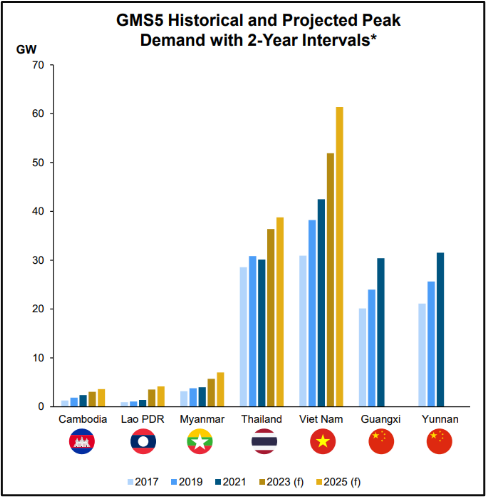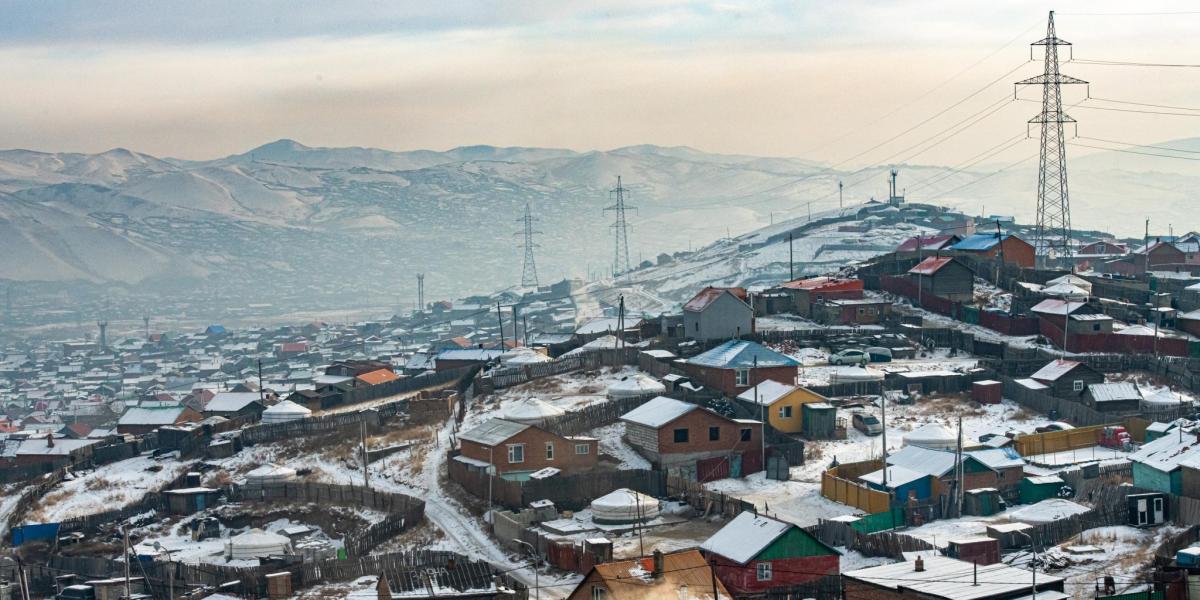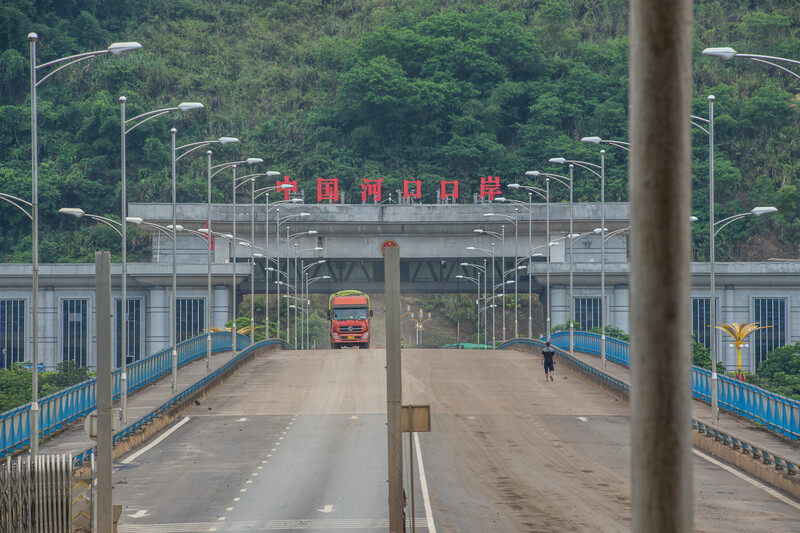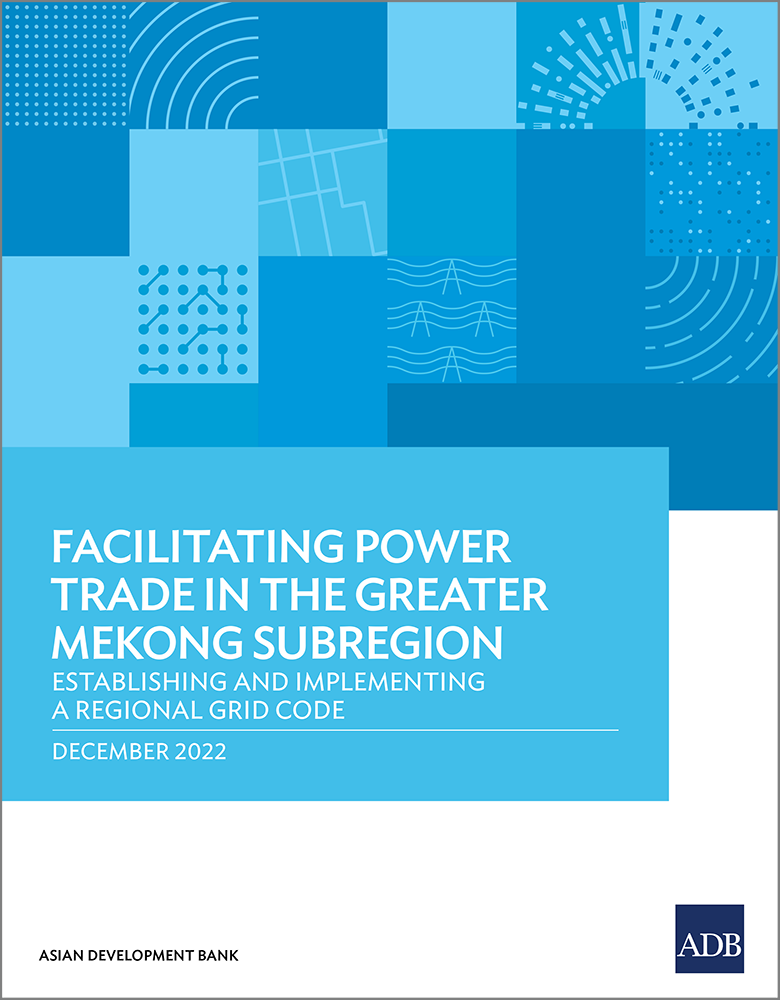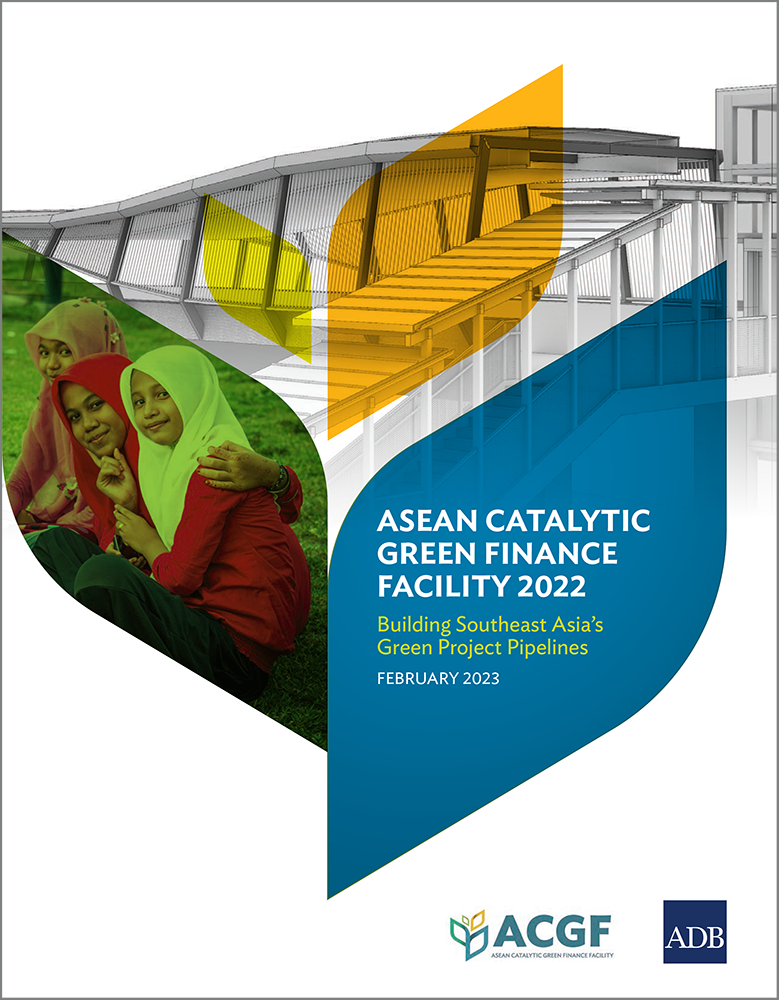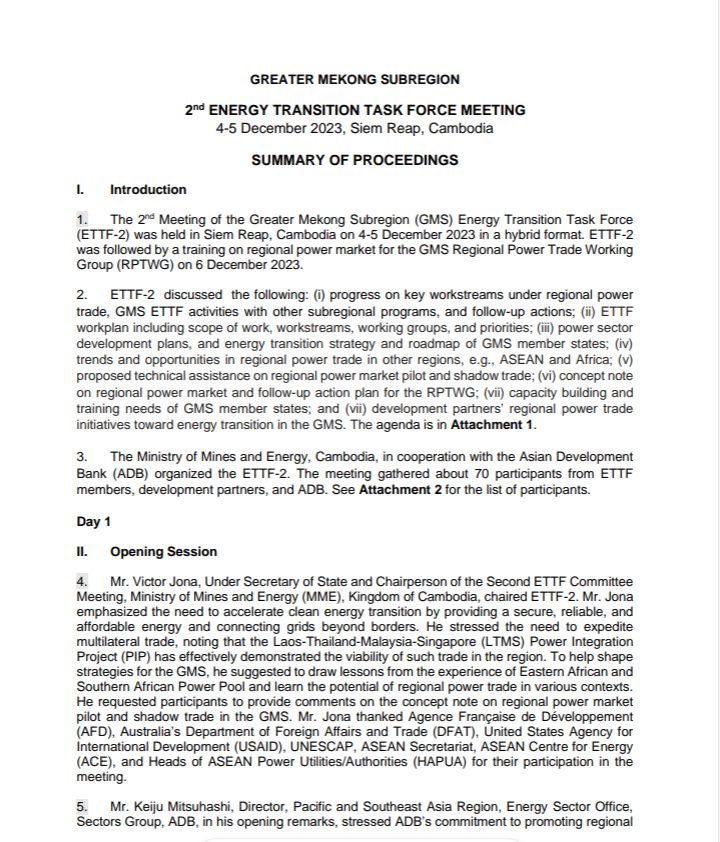
2nd Energy Transition Task Force Meeting
The 2nd Meeting of the Greater Mekong Subregion (GMS) Energy Transition Task Force (ETTF-2) was held in Siem Reap, Cambodia on 4-5 December 2023 in a hybrid format. ETTF-2 was followed by a training on regional power market for the GMS Regional Power Trade Working Group (RPTWG) on 6 December 2023.

